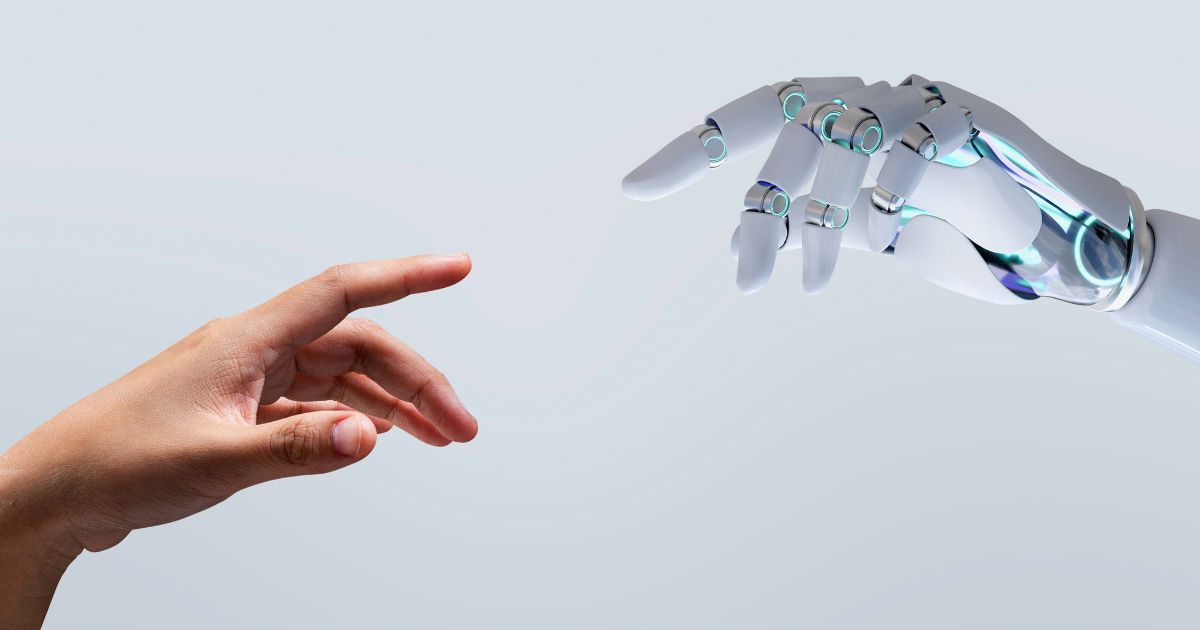I stumbled upon “What the Internet cannot do” today. It was published in The Economist on August 17th, 2000 and reminded me how we used to feel about the internet. It was the Internet back then, not the internet. It was still a proper noun so we capitalized it. It was a place we went. When was the last time you told someone you were “going on?” Back then the worldwide web, as the internet is synonymously called, was only 11 or so years old and far from ubiquitous. In 2000 home broadband was accessed by only about one percent of us. It hadn’t made its way to smartphones yet. In fact it would be another three years before the world would see its first smartphone and another seven before it would see its first iPhone.
We had grand social ambitions for the internet back then. Perhaps we were more idealistic in our views of the internet and what it could be when it grew up. We saw it robed in all of its great potential to combat inequality, cross chasms of varying sorts, foster communication and understanding, facilitate peace, ferret out injustices, and break down barriers of diverse kinds. In those early years we seemed to talk more about what the internet could be. What it should be. What it might represent and what we had to do to get it there. I wonder if we’ve lost some of that vision. At the same time, we recognize the role social platforms like Twitter and Facebook have had in massive social movements like the Arab Spring. I’m certain most of us never foresaw that potential in 2000. In some ways it would seem, the Internet is doing exactly what some thought it could never do. Do we celebrate this enough and do we double down on its potential?
The worldwide web is now in its 28th year. Its inventor, Tim Berners-Lee, penned an editorial on its birthday last month listing three things that need to change in order to “save” the web and allow it to “fulfill its true potential.” The three trends that need to be tackled according to Berners-Lee are (1) the loss of control over our personal data, (2) easy of which misinformation spreads on the web, and (3) online political advertising that needs greater transparency. I wonder if we are aiming high enough. These are all important areas that seem to dominate our view of the web today. While they certainly require further research and proactive solutions I wonder if they are sufficiently aspirational. How do they compare to the social blights we threw at the internet back when we still capitalized the I and parted from our physical lives temporarily to go online?
Do we still see the internet as a platform for peace? Do we still believe it can stymie hunger, both for liberating ideas and hunger of the physical kind. In short, are we still optimistic. The internet still feel very young to me. It is hard to imagine everything that could be invented has been invented. With 5 billion connected, we still have two to go. The next billion individuals are coming online in the next few years. Can we still remember what those first digital moments felt like for us? And can we imagine what they’ll mean for the next two billion to join us online.


